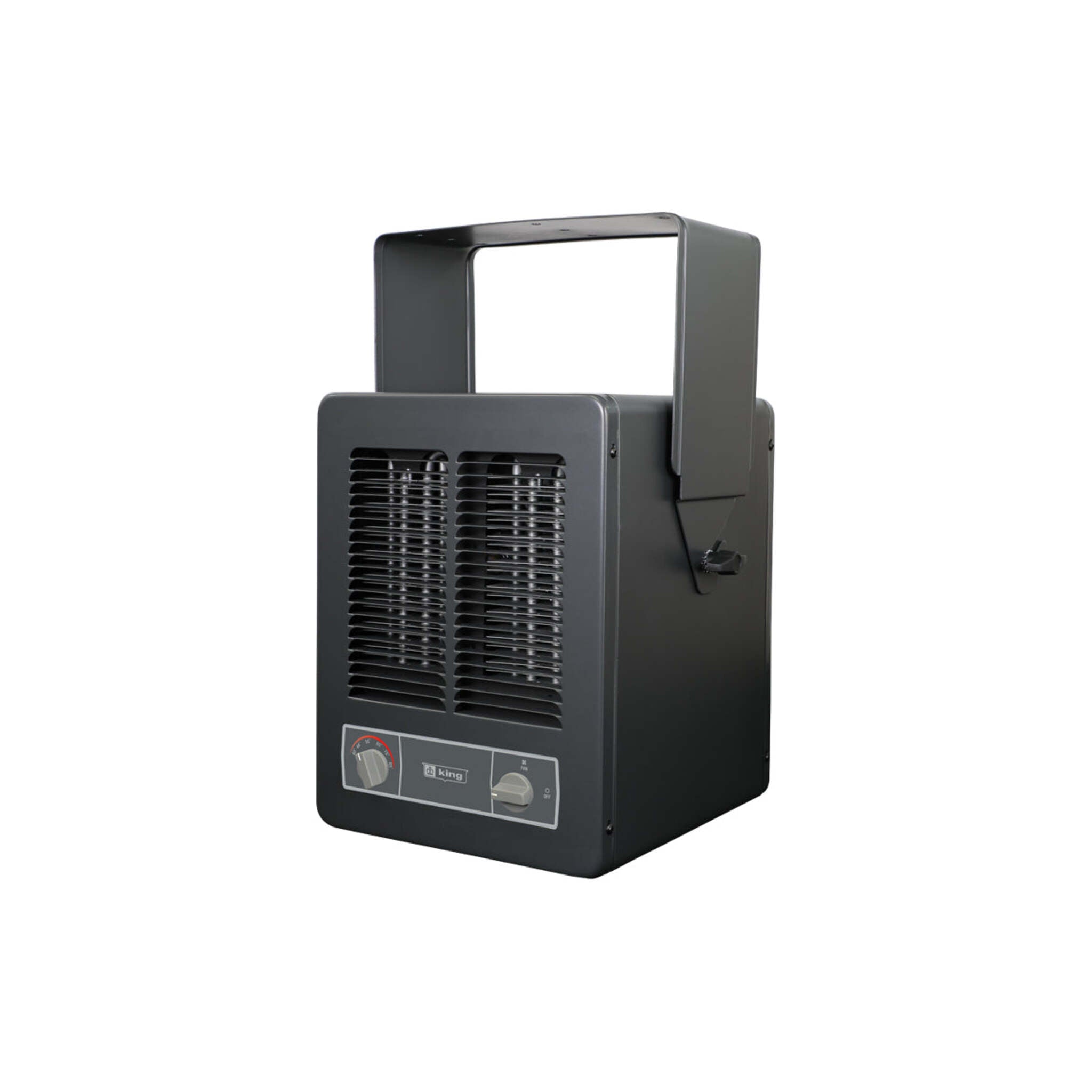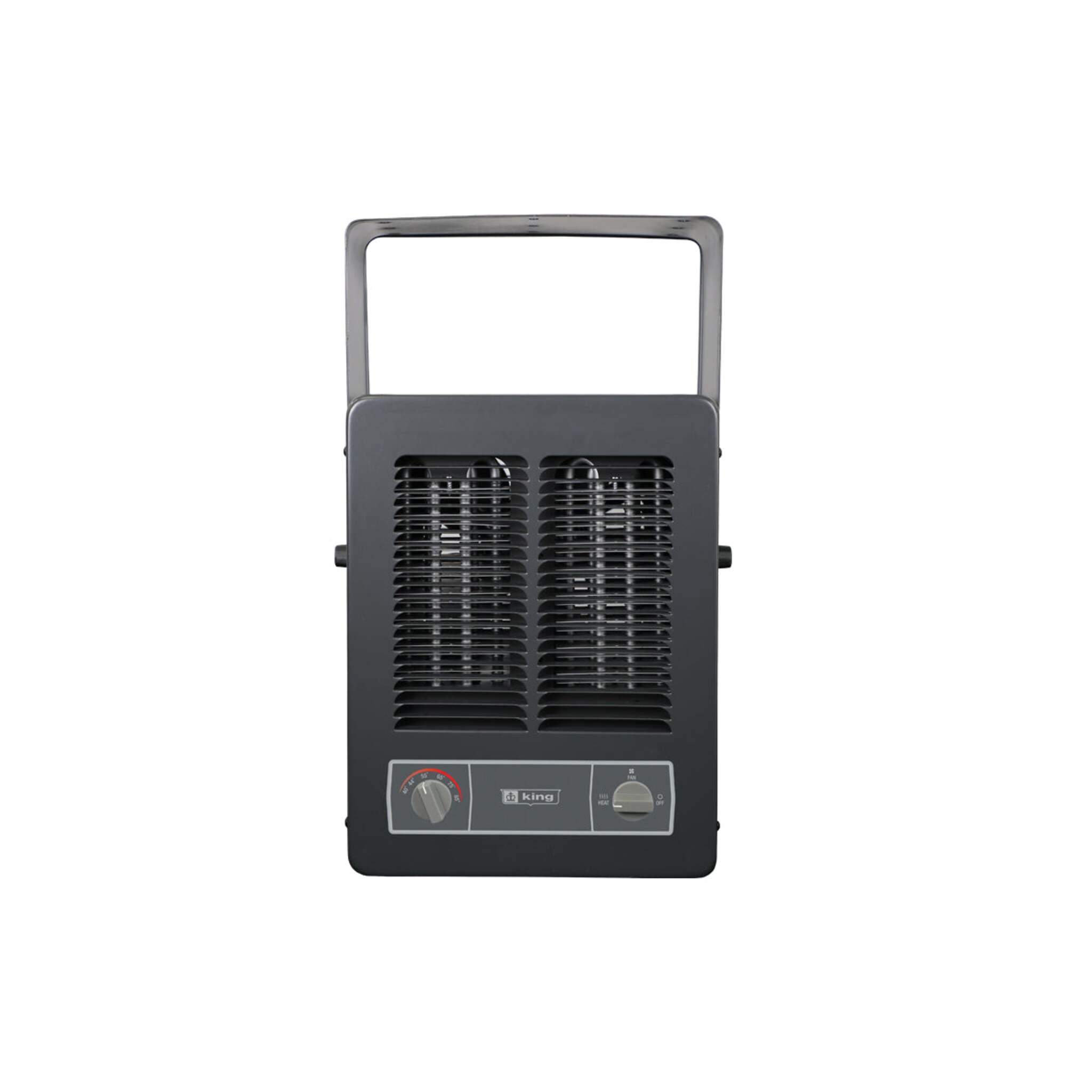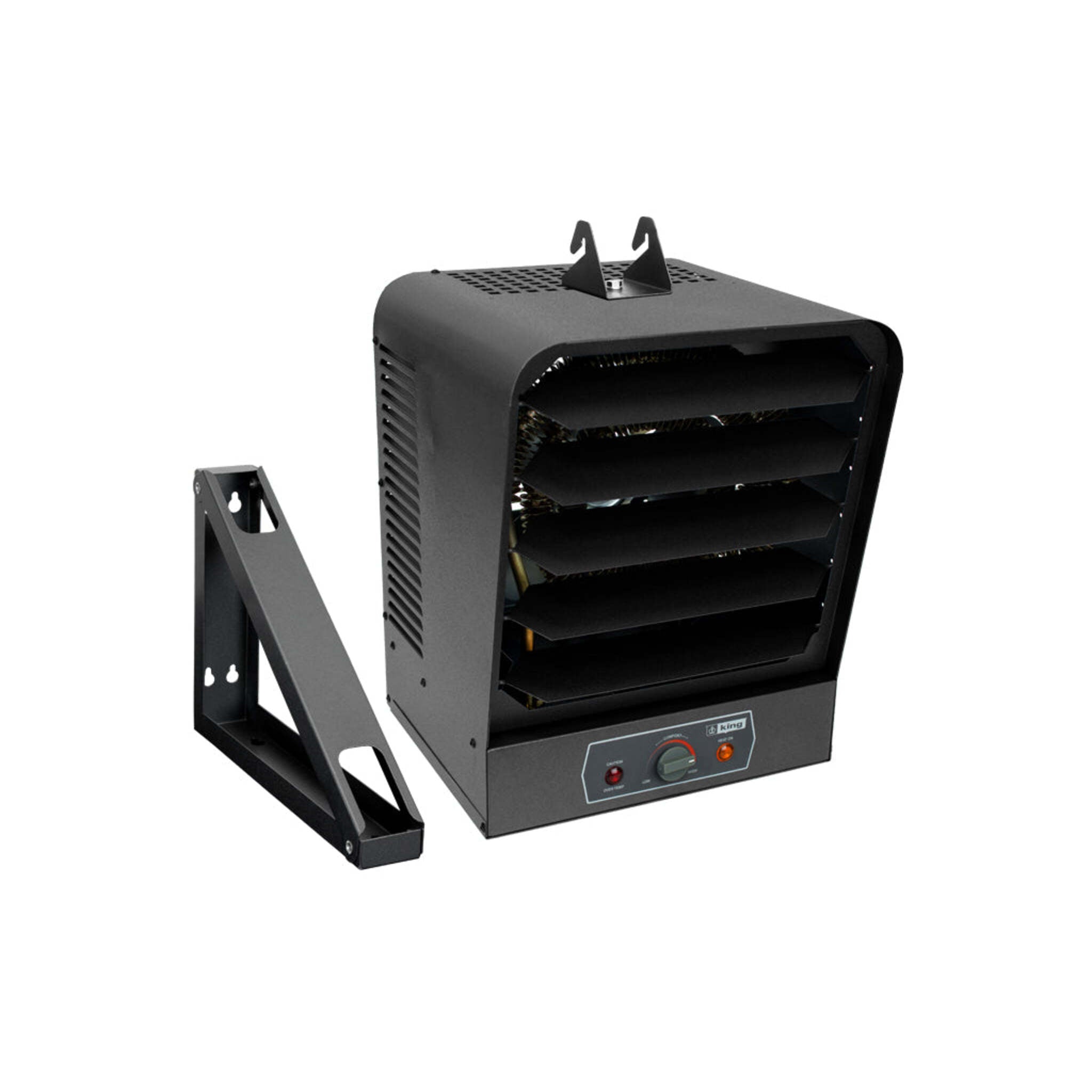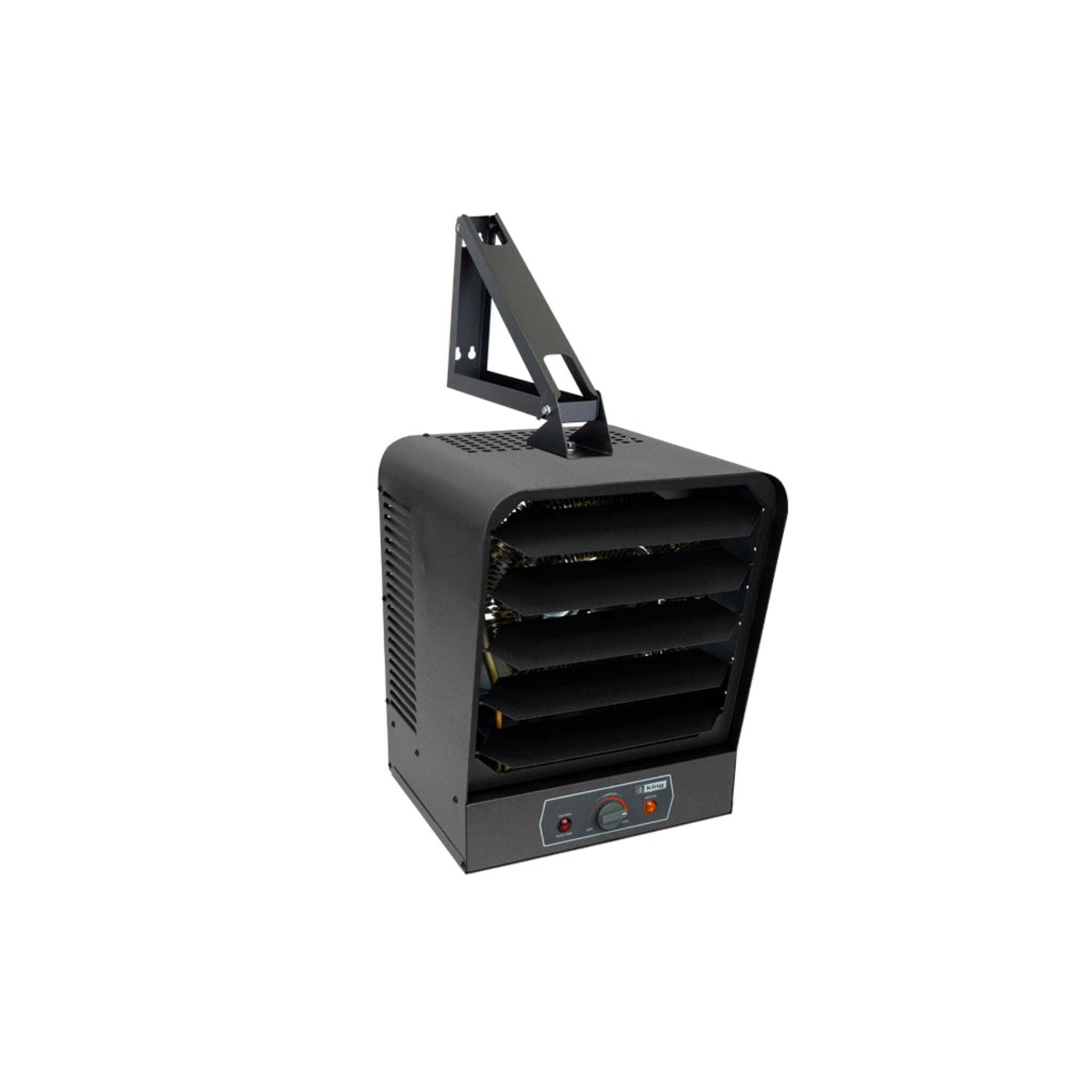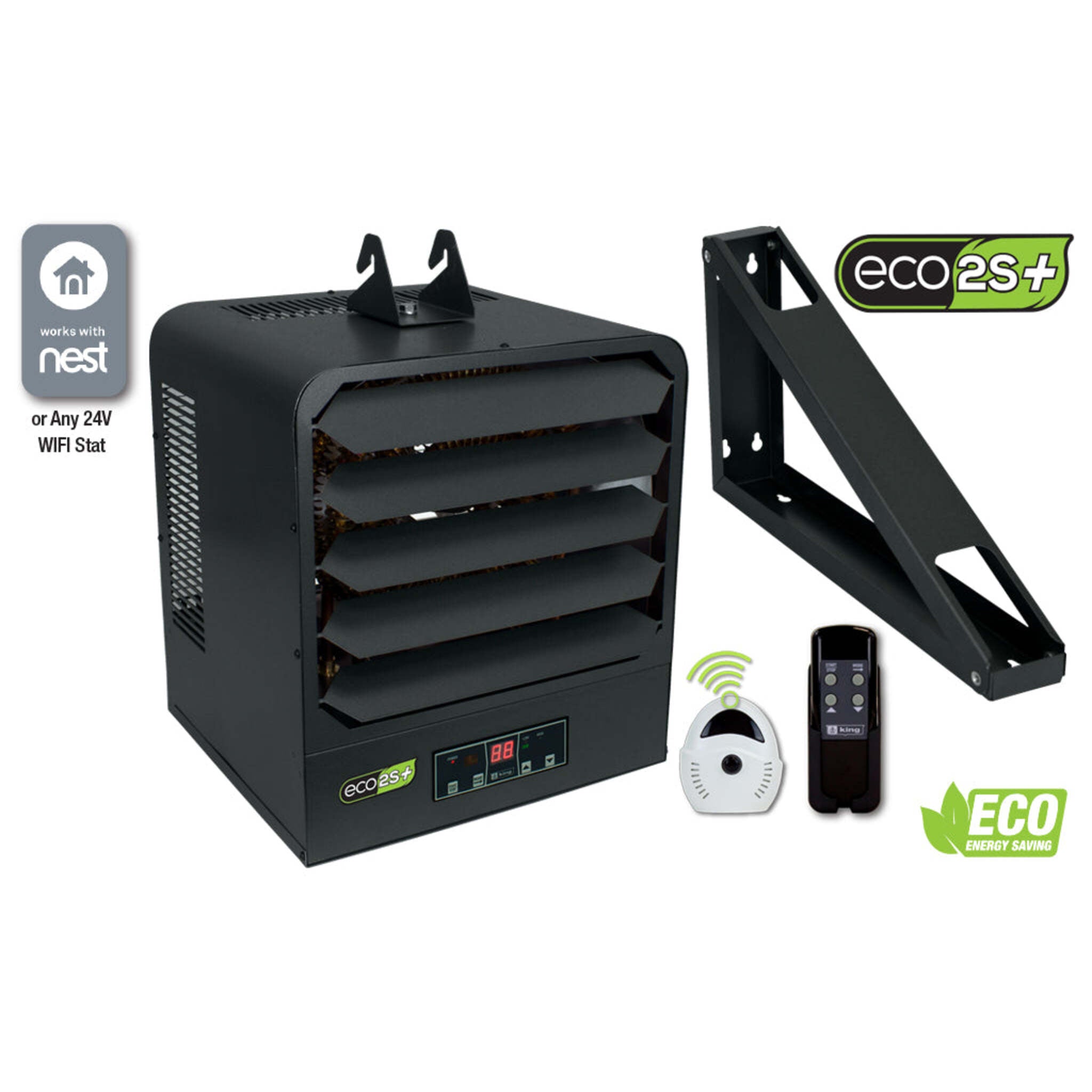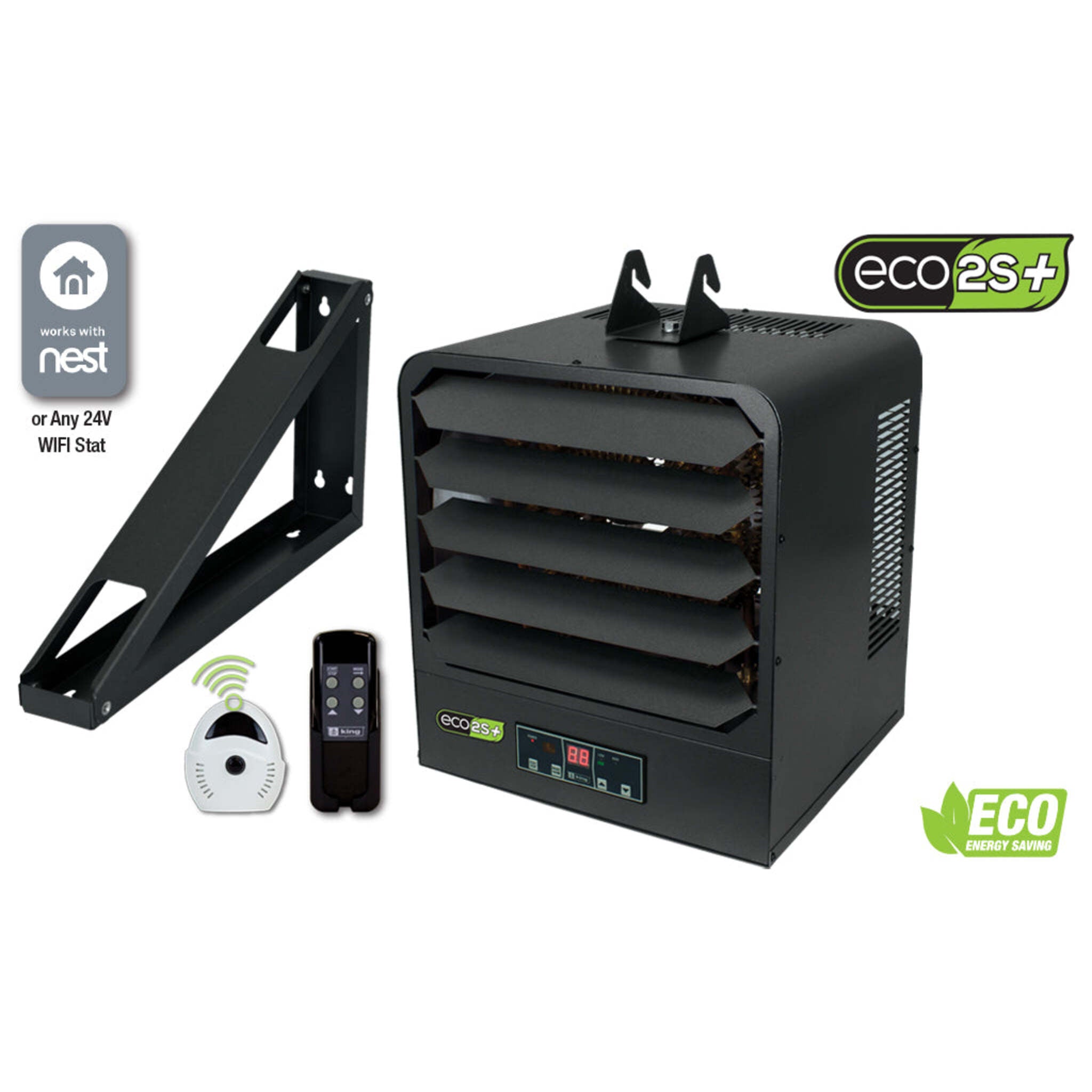Categories
- Shop All (5733)
-
-
- Hi-Vis Chainsaw Safety (14)
- Hi-Vis Coveralls and Overalls (26)
- Hi-Vis Hoodies and Shirts (51)
- Hi-Vis Jackets (37)
- Hi-Vis Pants (21)
- Hi-Vis Rain Wear (45)
- Hi-Vis Vests (53)
- Winter Hi-Vis Bombers and Parkas (22)
- Winter Hi-Vis Coveralls and Overalls (23)
- Winter Hi-Vis Hoodies (4)
- Winter Hi-Vis Pants (4)
- Winter Hi-Vis Vests (6)
-
- Bib Overalls (10)
- Bombers and Parkas (17)
- Coveralls and Overalls (16)
- Disposable Garments (11)
- Flannel and Plaid Work Shirts (22)
- Heated Work Wear (5)
- Hoodies and Sweaters (11)
- Industrial Rainwear (48)
- Pants and Shorts (60)
- Shirts and Sweaters (33)
- Thermal Underwear (43)
- Vests (17)
- Work Jackets (73)
-
-
-
-
- Brooms (0)
- Dust Mops (0)
- Dust Pans and Brushes (0)
- Flow Thru Tools (2)
- Microfiber Mops (0)
- Pool and Tank Tools (2)
- Scrubbers and Scrapers (1)
- Soap and Sanitizer Dispensers (0)
- Sprayers (1)
- Squeegees (1)
- Toilet Brushes and Plungers (1)
- Trash Cans & Bags (8)
- Wet Floor Signs (0)
- Wet Mops and Buckets (4)
-
- Bars and Prying Tools (21)
- Bolt Cutters and Shears (16)
- Chisels and Punches (9)
- Combination Hand Tool Sets (11)
- Extractors (12)
- Files (6)
- Gear Pullers (14)
- Hammers and Mallets (14)
- Hand Saws (22)
- Hex Keys (10)
- Layout and Distance Lasers (1)
- Marking Tools (1)
- Measuring Tools (24)
- Pliers (44)
- Precision Measuring and Testing Tools (24)
- Propane Torches (8)
- Screwdrivers and Nutdrivers (23)
- Sockets (61)
- Tap and Die Sets (4)
- Tool Boxes (27)
- Utility Knives (15)
- VDE Tools (7)
- Wire Cutters and Strippers (14)
- Wrenches (21)
-
- Beveling and Deburring (17)
- Curb and Valve Keys (20)
- Drilling and Tapping (12)
- Extended Impact Sockets (3)
- Flaring and Rerounding (7)
- General Pipe Working Tools (23)
- Guillotine Pipe Cutters (2)
- Hydrostatic Test Pumps (12)
- Internal Pipe Cutters (6)
- Manhole Testing (4)
- PE Peelers (8)
- Pipe Reamers (4)
- Pipe Threading (17)
- Pipe Wrenches (21)
- Plastic Pipe Joint Kits (4)
- Plastic Pipe Saws (5)
- Power Drive (13)
- Quick Release Cutters (15)
- Ratchet Shears (6)
- Ratcheting Wrenches (12)
- Rotary Cutters (3)
- Shut Off Tools (9)
- Soldering Torches (3)
- Vises (7)
-
- Angle Grinders (6)
- Batteries and Chargers (18)
- Bench Grinders (8)
- Circular Saws (3)
- Combo Tool Kits (10)
- Cordless Fans (6)
- Cordless Lighting (15)
- Cut Off Saws (4)
- Drills and Drivers (8)
- Grease Guns (3)
- Impact Drivers (5)
- Jobsite Radios and Speakers (8)
- Lifestyle (7)
- Mitre Saws (2)
- Reciprocating Saws (4)
-
- Angle Grinder Wheels and Brushes (23)
- Bench Grinder Wheels (7)
- Circular Saw Blades (11)
- Drill and Driver Bits (27)
- High Speed Gas Saw Blades (3)
- Holesaws (11)
- Impact Sockets (25)
- Jig Saw Blades (2)
- Oscillating Multi Tool Blades (1)
- Portable Chop Saw Blades (4)
- Power Tool Storage (5)
- Reciprocating Saw Blades (8)
-
-
-
-
- Air Fresheners (2)
- All Purpose Cleaners (19)
- Bowl and Washroom (8)
- Coffee and Breakroom (19)
- Degreasers (3)
- Dishwashing (4)
- Disinfectants and Sanitizers (1)
- Drain Openers (7)
- Hand Cleaners (11)
- Laundry Cleaners (10)
- Paper Products and Wiper Rags (24)
- Scale Removers (4)
- Urinal Pucks and Liquids (5)
- Wet Wipes (4)
-
-
- Ball Valves (14)
- Black and Galvanized Steel Fittings (16)
- Bronze Pipe Fittings and Nipples (13)
- Butterfly Valves (4)
- Check Valves (17)
- Flexible Connectors (4)
- Gate and Globe Valves (6)
- Knife Gate Valves (9)
- Pipe Fitting Accessories (4)
- Schedule 80 PVC Fittings (27)
- Stainless Steel Fittings and Valves (40)
- Victaulic Grooved Fittings (23)

Heaters
5 products
Showing 1 - 5 of 5 products
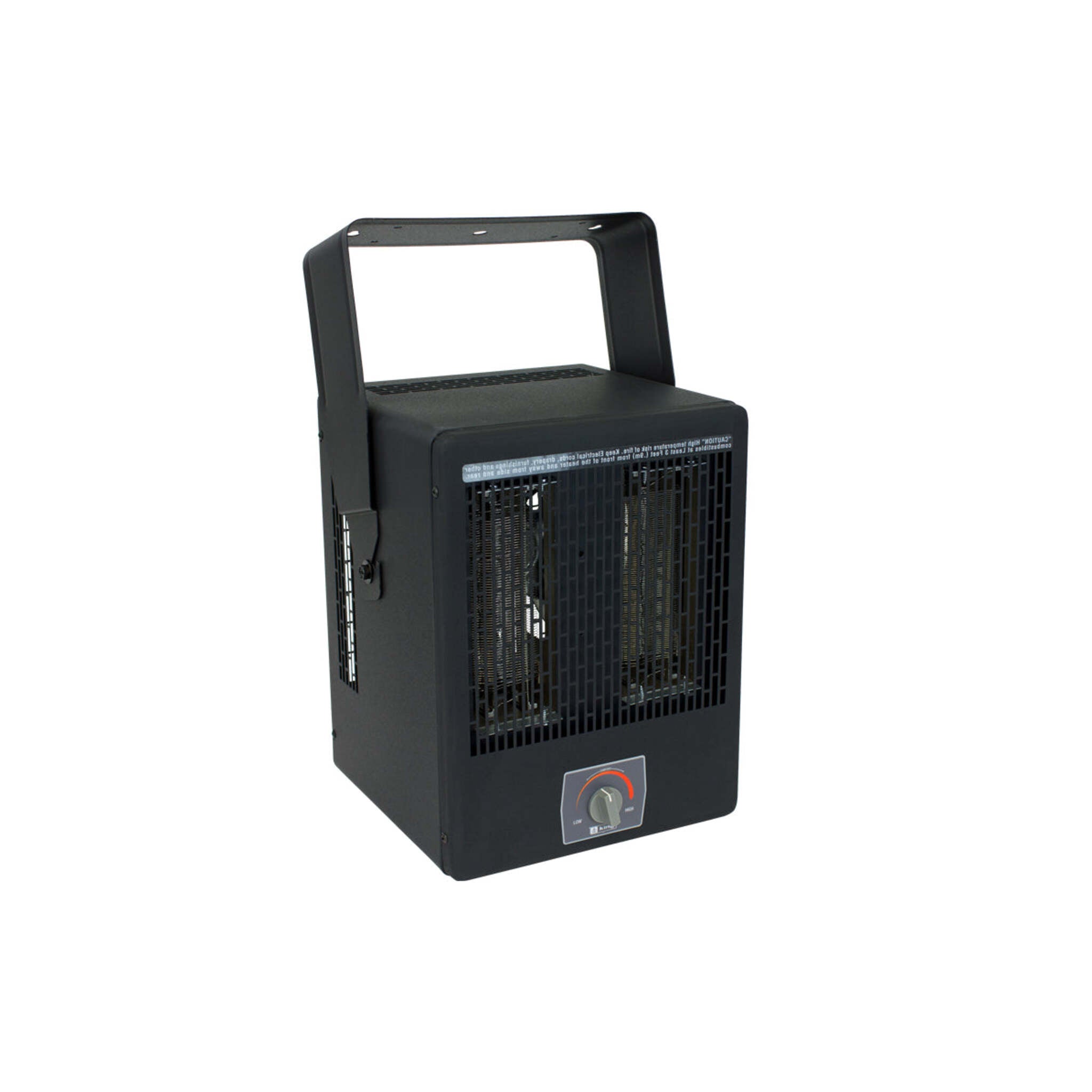
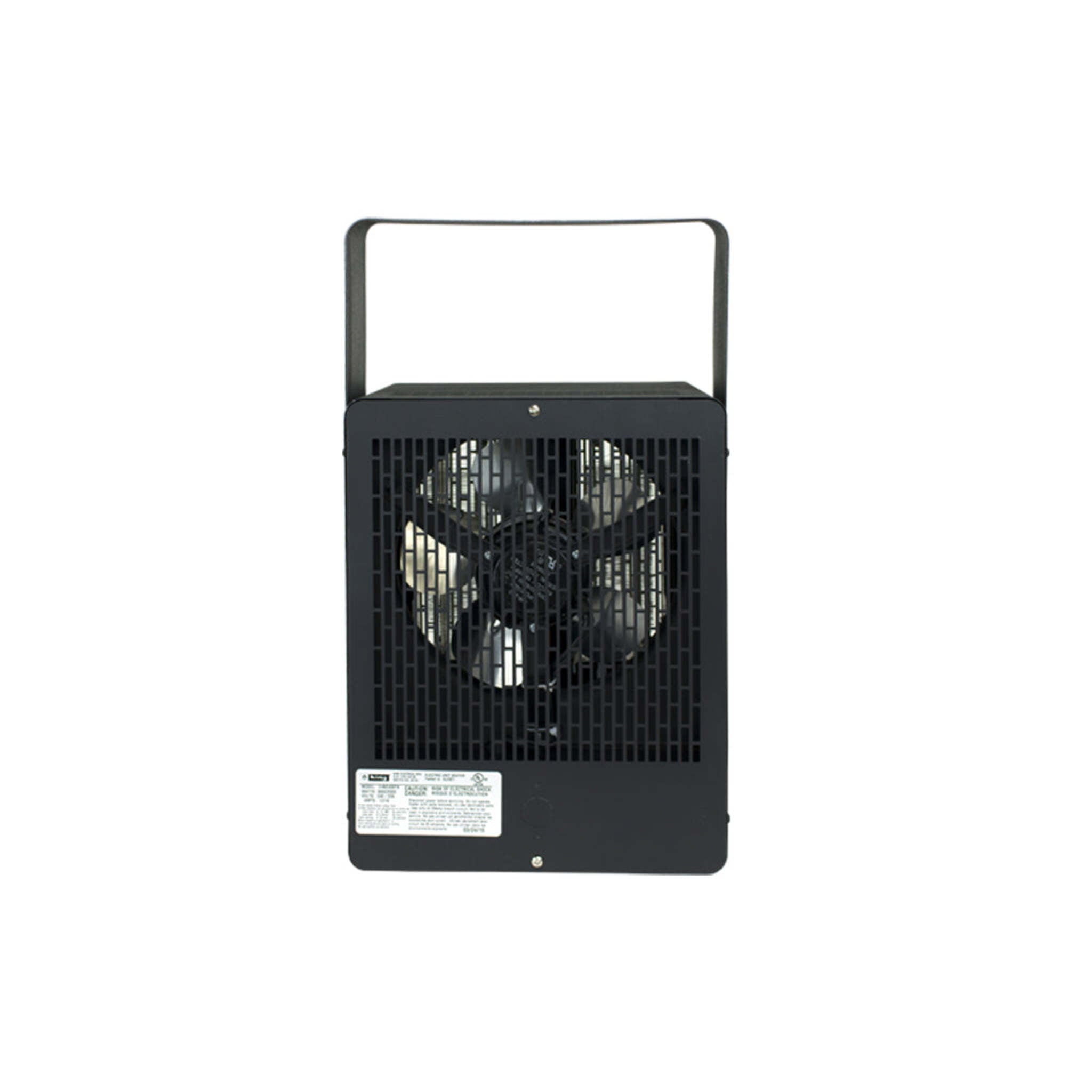
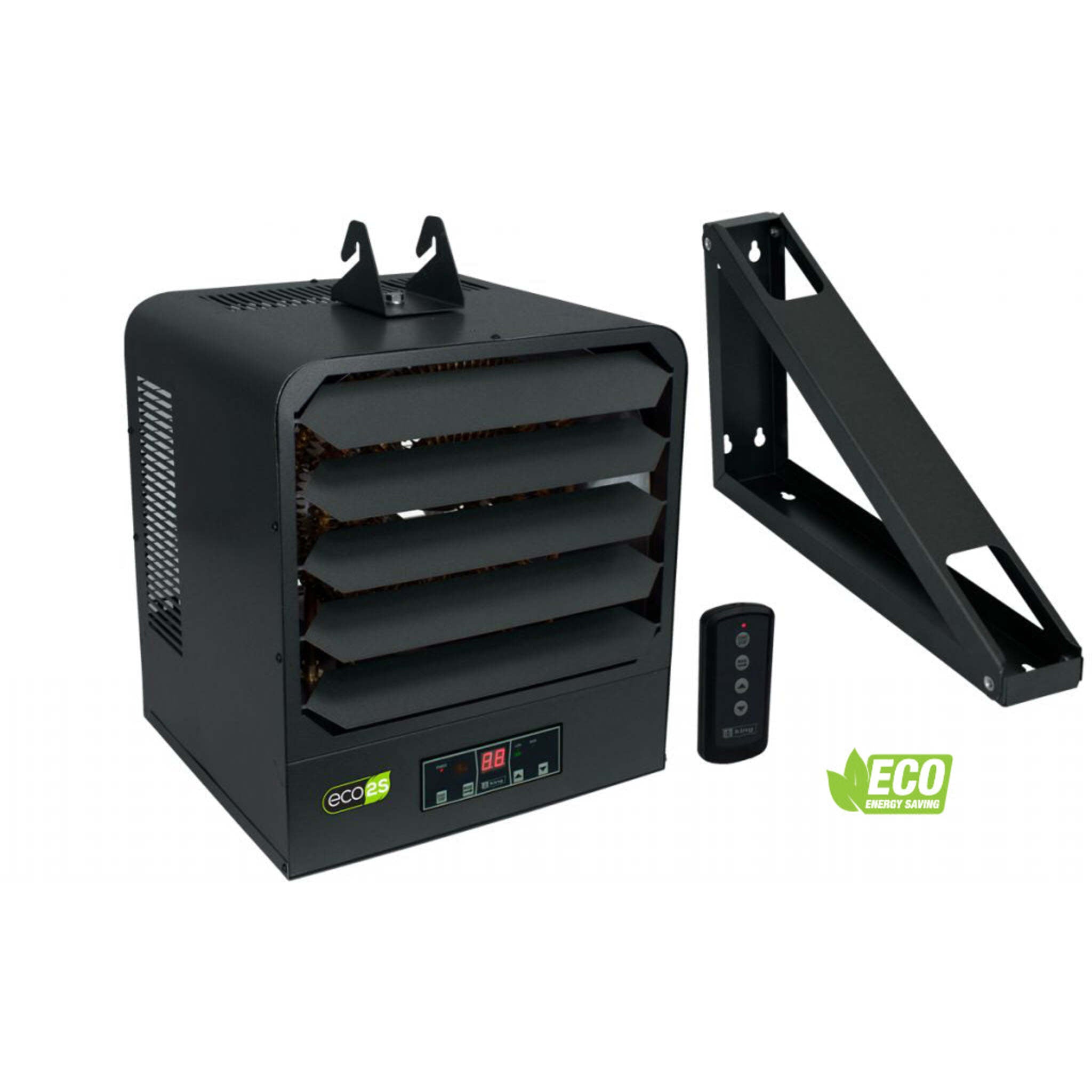
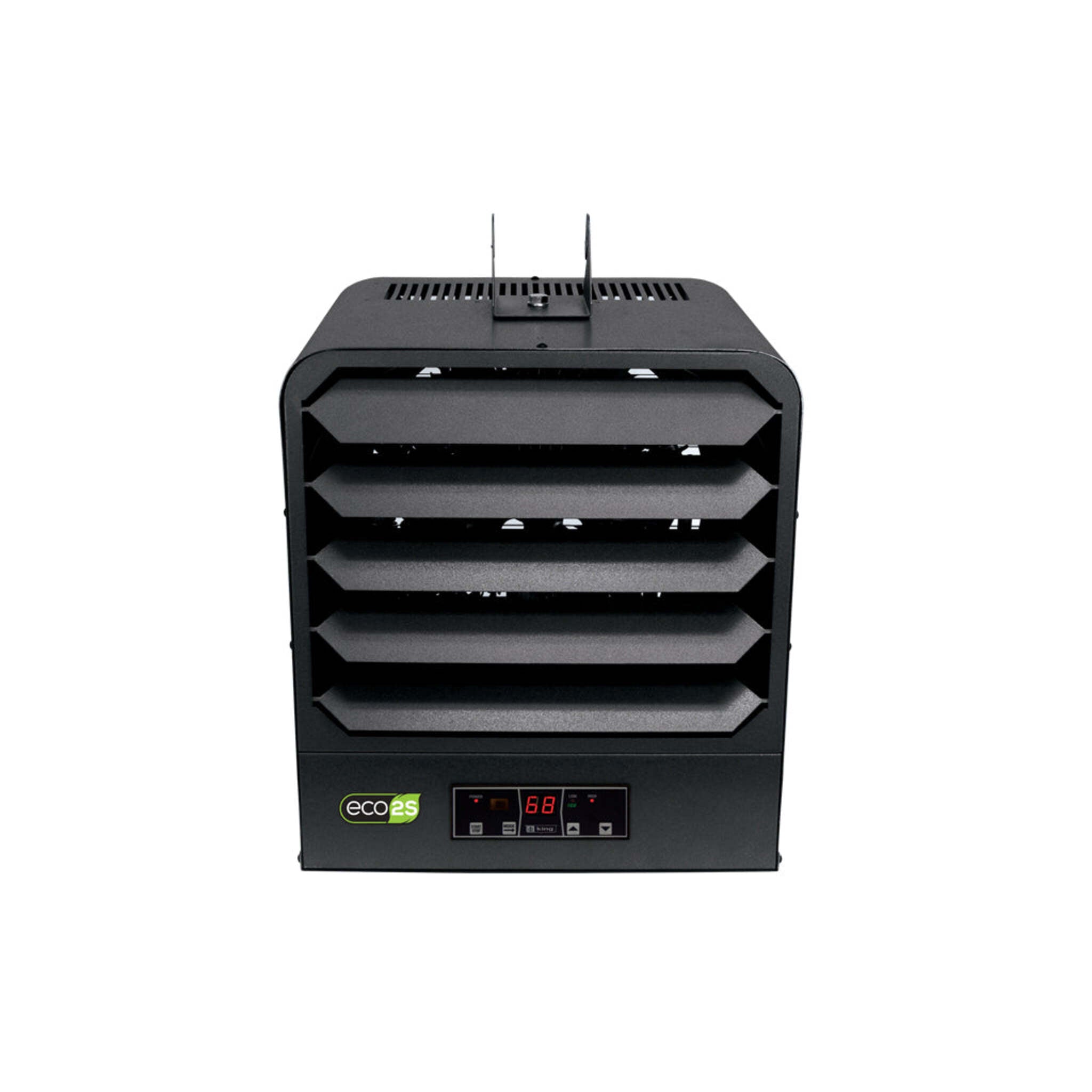
Heaters for Industrial, Construction, and Commercial Use
Cleanflow supplies high-performance, CSA-compliant industrial heaters designed for Canada’s toughest job sites, available fast, supported locally, and engineered for safety and efficiency. Available across Canada. Ships fast from our Canadian warehouse. Popular heater models in Ontario, Alberta, and BC construction sites.
Looking for reliable industrial space heaters you can trust in harsh winter conditions? Use this guide to compare heater types, understand how they work, and size a unit for your facility or temporary job site heating.
Top Brands Available
Heater Types and How They Work
Convection Heaters
Convection heaters warm air by heating an internal element; warmer air rises, cooler air falls, creating a circulation loop (natural or fan-assisted).
-
Best for: Even, whole-room heating with minimal noise
-
Typical uses: Offices, site trailers, workshops, utility rooms
-
Pros: Quiet, consistent heat; low maintenance; available as portable electric heaters or gas-fired convection models
-
Notes: Look for CSA-certified convection heaters for code compliance
Direct-Fired Heaters
Direct-fired industrial heaters burn fuel (propane or natural gas) and push hot combustion air directly into space without a heat exchanger.
-
Best for: Open or well-ventilated areas; drying and thawing
-
Typical uses: Construction zones, barns, outdoor or semi-enclosed areas
-
Pros: Very high efficiency and fast warm-up; lower upfront cost
-
Caution: Not for enclosed spaces; produces combustion byproducts—ensure adequate ventilation
Forced Air Heaters
Forced air heaters use a burner or electric element plus a blower to move heated air through ducts or directly into the space.
-
Best for: Whole-building or large-area coverage
-
Typical uses: Warehouses, fabrication shops, hangars
-
Pros: Thermostat control; integrates with filtration/humidification; fast and uniform heating
-
Options: Gas, diesel, or electric heaters; portable or fixed installations
Indirect-Fired Heaters
Indirect-fired heaters burn fuel in a sealed combustion chamber and transfer heat to clean air via a heat exchanger. Exhaust vents outside.
-
Best for: Enclosed, occupied, or low-ventilation spaces
-
Typical uses: Event tents, restoration, food processing, occupied work areas
-
Pros: 100% clean, dry, fume-free air; safer for indoor use
-
Trade-off: Slightly lower efficiency vs. direct-fired, but safer for air quality
Radiant Heaters
Radiant heaters (infrared) heat people and objects directly, without first heating the air.
-
Best for: Drafty spaces and outdoor zones with spot or zone heating
-
Typical uses: Loading docks, open bays, construction thawing, patios
-
Pros: Instant, targeted heat; energy-efficient for zone applications
-
Types: Infrared panels, tube heaters, ceramic radiant
Unit Heaters (Electric Unit Heaters and Gas/Oil)
Ceiling- or wall-mounted industrial heating units that deliver high-capacity heat while saving floor space.
-
Best for: Garages, warehouses, maintenance bays, agricultural buildings
-
Pros: Keeps floor clear; broad coverage; available as electric unit heaters or fuel-fired
-
Tip: Choose models rated for your environment (e.g., washdown, hazardous locations)
How to Size an Industrial Heater
Right-size your industrial heating unit to maintain productivity and safety.
1) Measure space
-
Area (sq. ft.) = length × width
-
Volume (cu. ft.) = length × width × ceiling height
2) Estimate required BTUs
-
Rule of thumb for insulated Canadian facilities: 30–60 BTU per sq. ft.
-
Poorly insulated or open sites in harsh climates: 60–100+ BTU per sq. ft.
-
Example: 4,000 sq. ft. × 60 BTU/sq. ft. ≈ 240,000 BTU/hr
3) Factor conditions
-
Insulation quality, air changes/ventilation, door cycles, desired temperature rise, regional climate
4) Choose fuel and form factor
-
Electric heaters for clean, no-emission indoor heat where power is available
-
High BTU propane heaters (Canada-ready) or diesel/NG for remote worksites or rapid warm-up
-
Indirect-fired heaters for enclosed/occupied spaces; direct-fired for ventilated drying/thawing
Need help sizing? Call Cleanflow to talk to a real person for fast recommendations based on square footage, ventilation, and compliance requirements.
Featured Industrial Heaters — In Stock, Canada
All models below are available across Canada and ship fast from our Canadian warehouse.
Heatstar HS80CVLPX Propane Industrial Convection Heater
Clean-burning, no-electricity job site heater for quick setup.
-
BTU Range: 30,000–80,000
-
Fuel Type: Propane
-
Use Case: Temporary job site heaters for up to ~1,900 sq. ft.
-
Highlights:
-
No power required; ideal for frozen job sites with no electrical access
-
Quiet, odorless operation
-
Safety: Thermoelectric safety valve; standing pilot
-
“Built to perform in harsh winter conditions”
Ideal for: Construction thawing, agriculture outbuildings, remote utility work.
Heatstar HS200CVX Convection Propane Industrial Heater
Big heat right out of the box for larger spaces.
-
BTU Range: 75,000–200,000
-
Fuel Type: Propane
-
Coverage: Up to 4,700 sq. ft.
-
Operation: No electricity required; fully assembled
-
Safety: Thermoelectric safety valve; standing pilot; Insta-Lock chamber
-
Compliance: CSA-certified for Canadian safety standards
-
Callout: High BTU propane heater Canada job site ready
Best for: Large worksites, concrete curing assist, temporary industrial space heating
Heatstar HS4000NG/LP Dual-Fuel Direct-Fired Industrial Heater
High-output, fan-assisted heat for big jobs.
-
BTU Output: 400,000 BTU/hr
-
Fuel: Natural Gas or Propane
-
Air Volume: 4,120 CFM
-
Portability: Heavy-duty 10" pneumatic wheels
-
Controls: External remote thermostat connection; onboard diagnostics
-
Use Case: Construction sites, large warehouses, industrial yards
-
Callout: “Temporary job site heater with massive airflow for rapid warm-up”
Choose when you need: Fast heat gains in well-ventilated or semi-open environments
Heatstar HSP500ID-A Pro-Series Indirect Fired Heater
Clean, fume-free heat for enclosed or occupied spaces.
-
BTU Output: 500,000 BTU/hr
-
Fuel: Diesel, Kerosene, Fuel Oil, Jet A
-
Air Volume: 4,032 CFM
-
Tank: 46-gallon; lift bracket; heavy-duty frame
-
Ducting: Up to 100 ft; multiple ducting options
-
Safety/Quality: UL Certified; electronic flame control; water-resistant control box
-
Air Quality: 100% clean, dry, fume-free air
-
Callout: “Indirect fired industrial heater safe, clean air for enclosed spaces”
Ideal for: Event tents, restoration, kitchens/food processing, occupied construction zones
Mr. Heater Hand-Held Propane Torch
High-BTU torch for thawing, cleanup, and job site tasks.
-
BTU Output: 500,000 BTU/hr
-
Fuel: Propane
-
Length: 36" with heavy-duty shaft
-
Includes: 10 ft hose and striker
-
Features: Ergonomic grip; needle valve adjustment; excess flow P.O.L. fitting
-
Use Case: Ice/snow removal, weeds, surface prep
Note: Not a space heater; a utility heater/torch for task-specific heat
How to Size a Heater for a Warehouse or Shop
-
Basic formula (insulated): BTU/hr ≈ Area (sq. ft.) × 30–60
-
Cold, leaky, or high-traffic spaces: Use 60–100 BTU/sq. ft.
-
Example: 10,000 sq. ft. × 50 BTU = 500,000 BTU/hr target
-
Consider ceiling height and air turns. High ceilings may need destratification fans.
How big a heater do I need for a 40 × 60 shop (2,400 sq. ft.)?
-
Light insulation: 2,400 × 50–60 BTU ≈ 120,000–144,000 BTU/hr
-
Poor insulation or frequent door cycles: 2,400 × 70–90 BTU ≈ 168,000–216,000 BTU/hr
Why Buy Industrial Heaters from Cleanflow
-
CSA-compliant and jobsite-safe: Meet Canadian regulatory and safety standards
-
Built for harsh Canadian environments: Reliable performance in extreme cold, snow, and wind
-
Fast shipping from our Canadian warehouse: Avoid border delays; mobilize quickly
-
Local support: Talk to a real person for sizing, fuel selection, and safety guidance
-
Bulk procurement ready: Support for municipal agencies, utilities, and contractors
Popular across Ontario, Alberta, and BC construction sites. Available across Canada.
FAQs
What are industrial heaters?
Industrial heaters are high-capacity heating systems designed to warm large or demanding environments, such as warehouses, construction sites, agricultural buildings, and utility spaces. They include industrial space heaters like indirect-fired heaters, direct-fired units, radiant heaters, and electric unit heaters.
What is the most efficient industrial heater?
“Efficiency” depends on the application:
-
Direct-fired heaters: Highest fuel-to-heat efficiency for ventilated areas and drying
-
Indirect-fired heaters: Most efficient choice when you need clean, fume-free indoor air
-
Radiant heaters: Highly efficient for zone heating or drafty spaces
-
Electric heaters: Efficient point-of-use with no on-site emissions where power is available
What are the three types of heaters?
Common categories for industrial heating:
-
Convection/forced air heaters (direct or indirect-fired)
-
Radiant heaters (infrared)
-
Electric heaters (portable electric heaters, electric unit heaters)
How to size a heater for a warehouse?
-
Start with BTU/hr = Area (sq. ft.) × 30–60 (insulated) or × 60–100 (poorly insulated/harsh climates)
-
Adjust for ceiling height, door cycles, air changes, and desired temperature rise
-
Contact Cleanflow for a quick sizing consult
Are industrial heaters safe?
Yes, when properly selected and installed. Use CSA-certified convection heaters and other CSA-approved models. Follow ventilation requirements for direct-fired heaters. For enclosed or occupied spaces, choose indirect-fired heaters that vent exhaust outside. Always follow clearance-to-combustibles and manufacturer guidelines.
Which type of heater is most effective?
-
For enclosed, occupied spaces: Indirect-fired heaters (clean air)
-
For rapid warm-up in open/vented spaces: Direct-fired heaters
-
For drafty areas and spot heating: Radiant heaters
-
For fixed installations with available power: Electric unit heaters
Which heater takes less electricity?
Non-electric fuel-fired heaters (propane, natural gas, diesel) use minimal electricity, typically only for fans/controls, or none at all for some convection models. If power use must be near zero, consider propane convection units like the HS200CVX that require no electricity.
How big a heater do I need for a 40 × 60 shop?
-
2,400 sq. ft. × 50–60 BTU/sq. ft. = 120,000–144,000 BTU/hr (typical insulated)
-
If poorly insulated or frequently opened to the cold: plan 168,000–216,000 BTU/hr
Ready to Heat Your Site
-
Available across Canada
-
Ships fast from our Canadian warehouse
-
CSA-compliant models for Canadian safety standards
-
Engineered to withstand Canada’s harsh winter conditions.
Need a recommendation or bulk quote? Call Cleanflow. Speak directly with a specialist who’ll size your industrial heater, confirm compliance, and fast-track your order.







